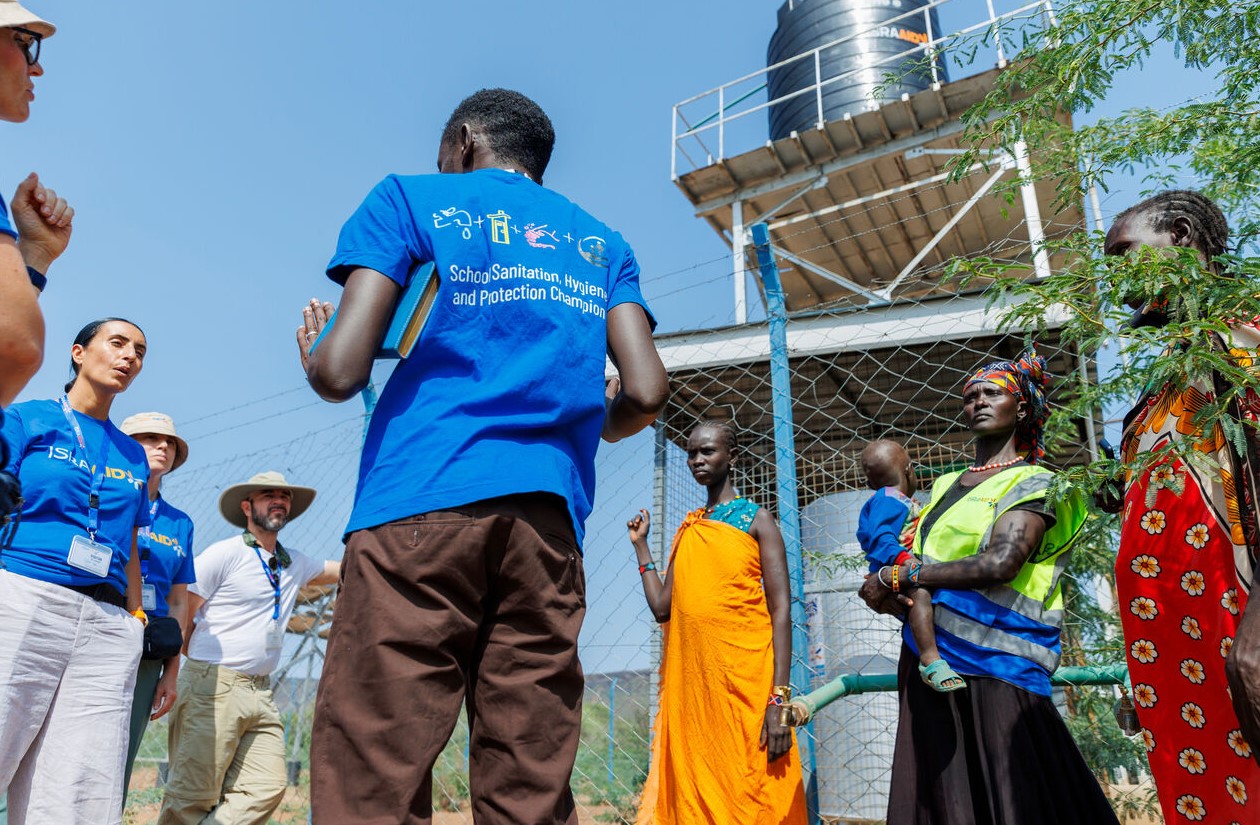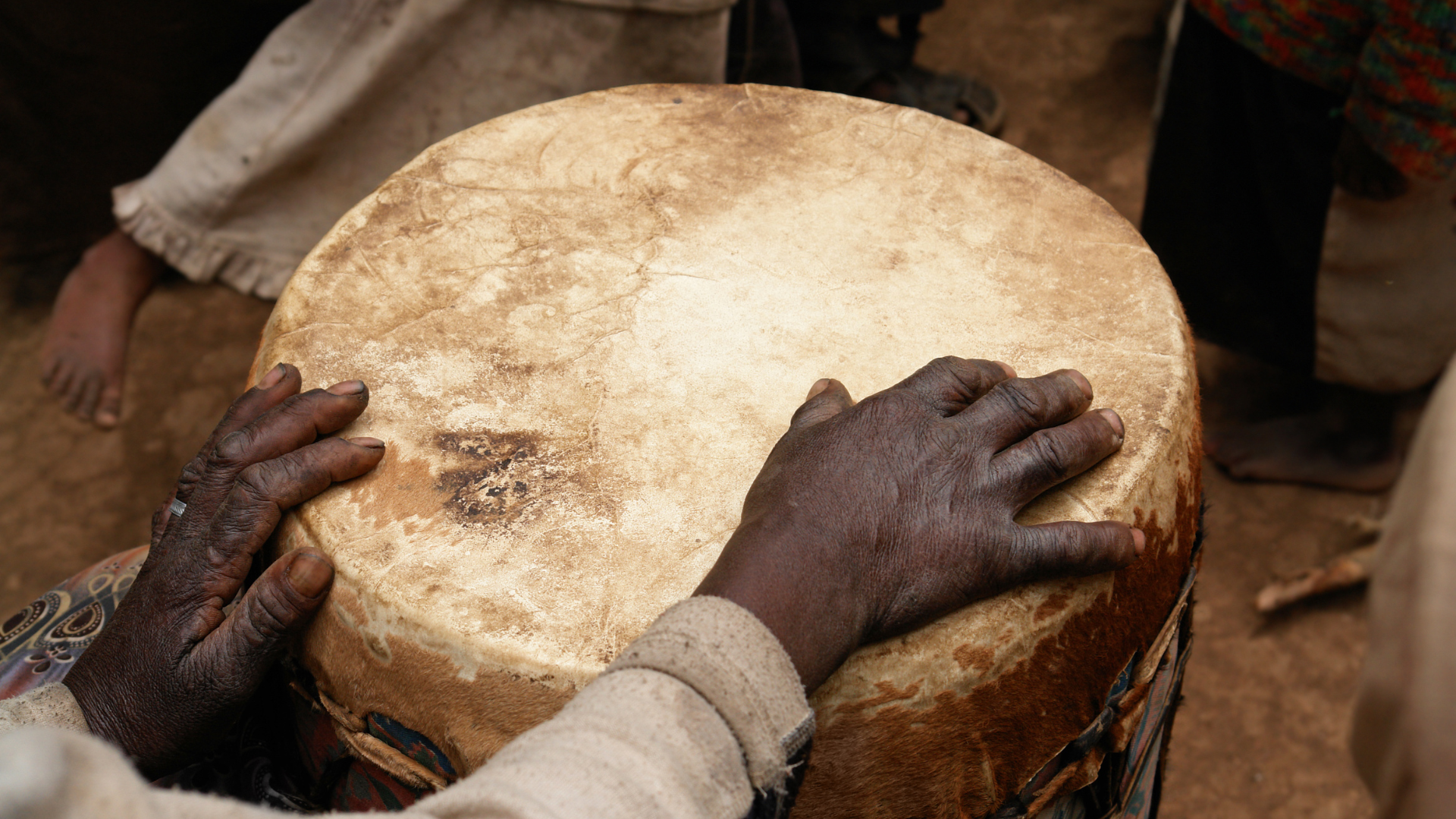AIDN’s core ethos is ‘more’ and ‘better’ global giving and we seek to foster an environment for the discussion and exploration of how we define these terms in an ever-changing international development ecosystem. Alongside our events, webinars and resources, The AIDN Beat is a key way to achieve this goal. The AIDN Beat strives to keep up with the rhythm of the international development sector and cover a broad range of subjects: from innovative development financing, to leading case-studies of programs on-the-ground, to the need for a genuine commitment to localisation.
We are also deeply committed to amplifying diverse voices. Consequently, we accept submissions to The AIDN Beat – so that our dynamic network can shape the discussion too. If you would like to submit content for The AIDN Beat, then we would love to hear from you. Get in touch with us (via hannah@aidnetwork.org.au) and we will share our editorial guidelines.
Subscribers of The AIDN Beat will receive a bi-monthly email where we’ll share recent pieces from The AIDN Beat, alongside curated pieces from other international development platforms and provide a recommendation for a relevant text, film or podcast.
If you’re are not currently signed up to receive The AIDN Beat or our newsletter, you can do so by filling in the form below.
Sign Up
NEWS & RESOURCES
Latest Stories and Developments
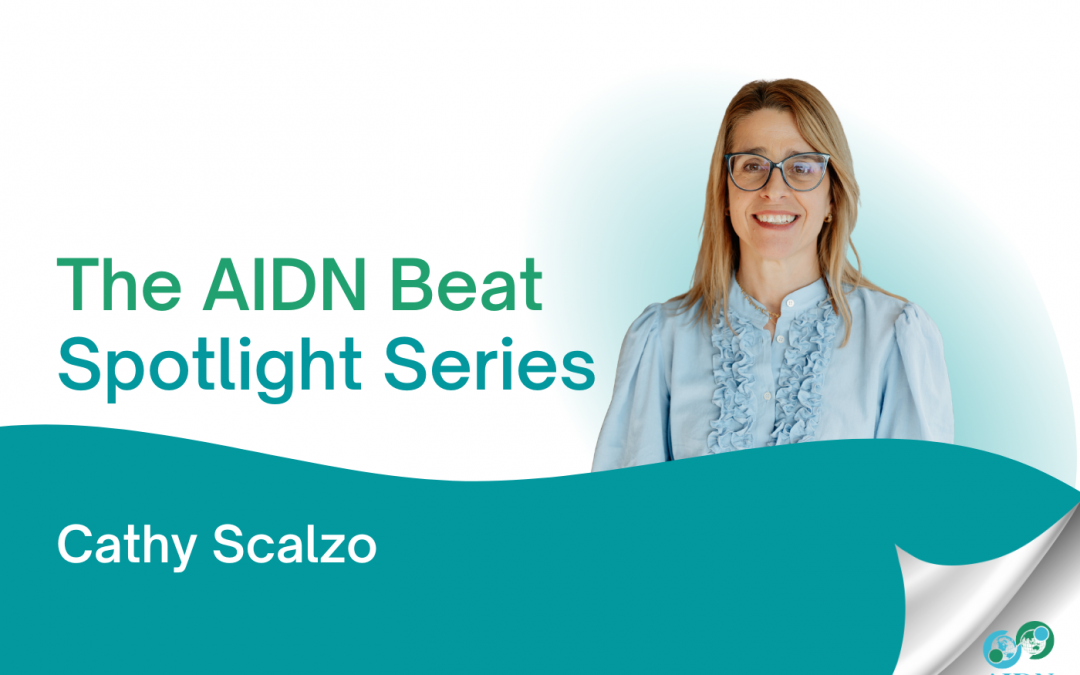
AIDN Beat Spotlight
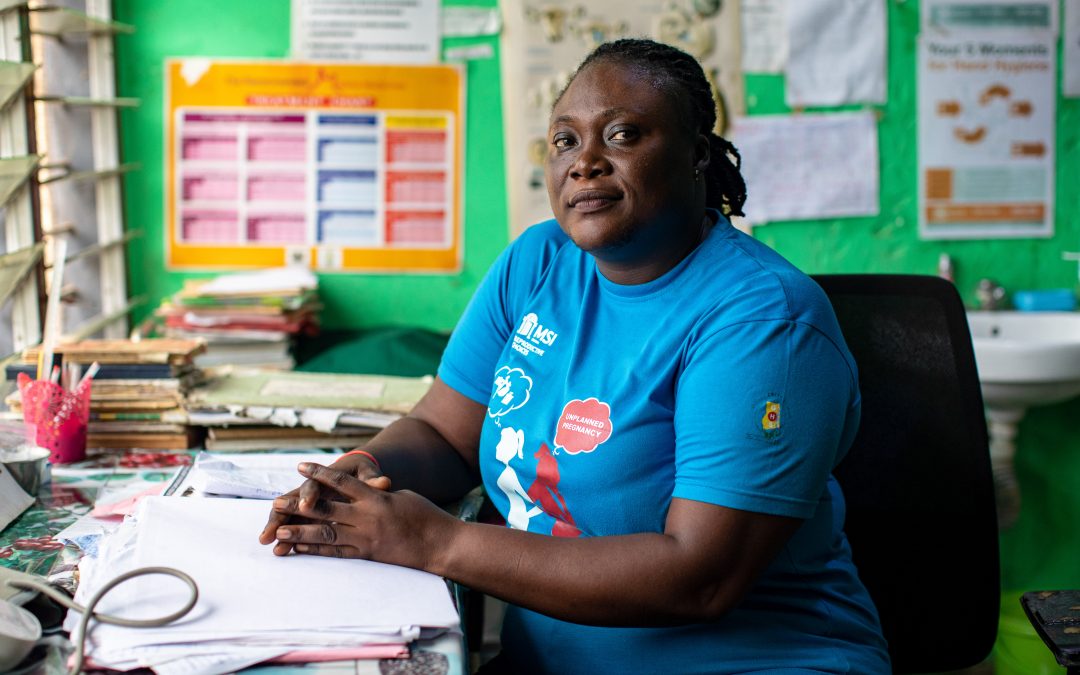
A further expansion of the Global Gag Rule: An affront to reproductive rights globally.

Who pays for climate adaptation in Northern Kenya?
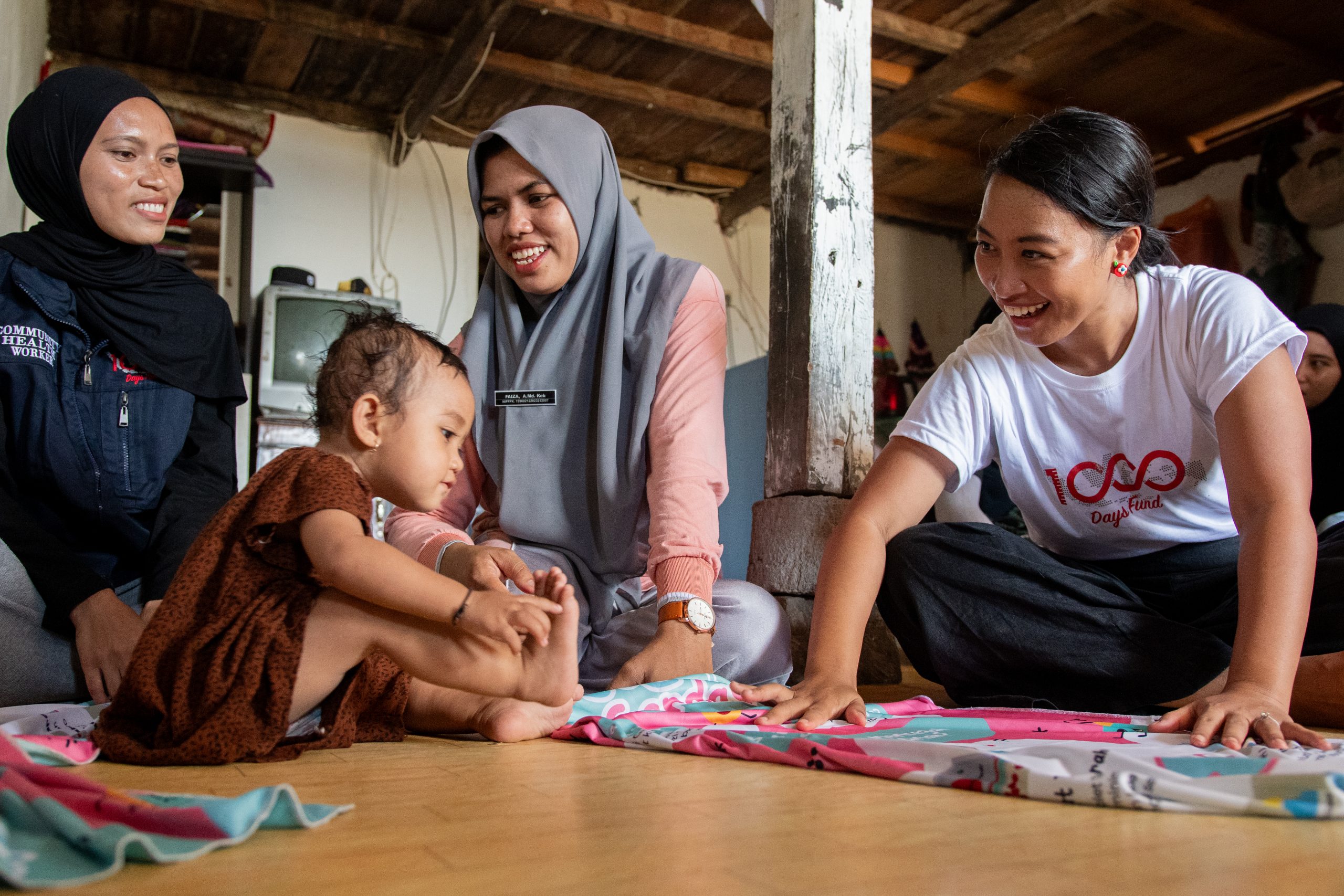
Are founders the new funders? The case of the 1000 Days Fund and Black Licorice.
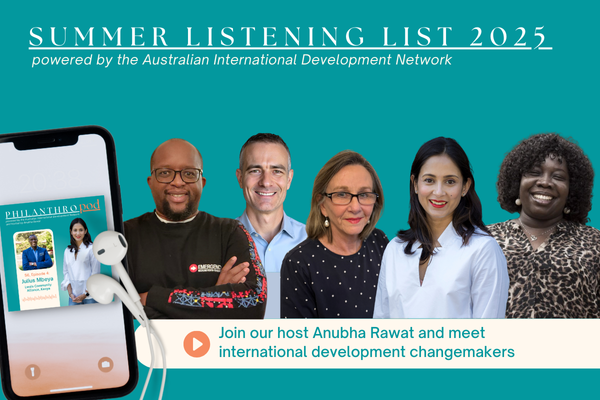
AIDN’s 2025 Summer Listening List

Climate change does not cause land conflict; it exacerbates it: Latest research insights on land governance from Nigeria, Somaliland, South Sudan, Sudan, and Chad.
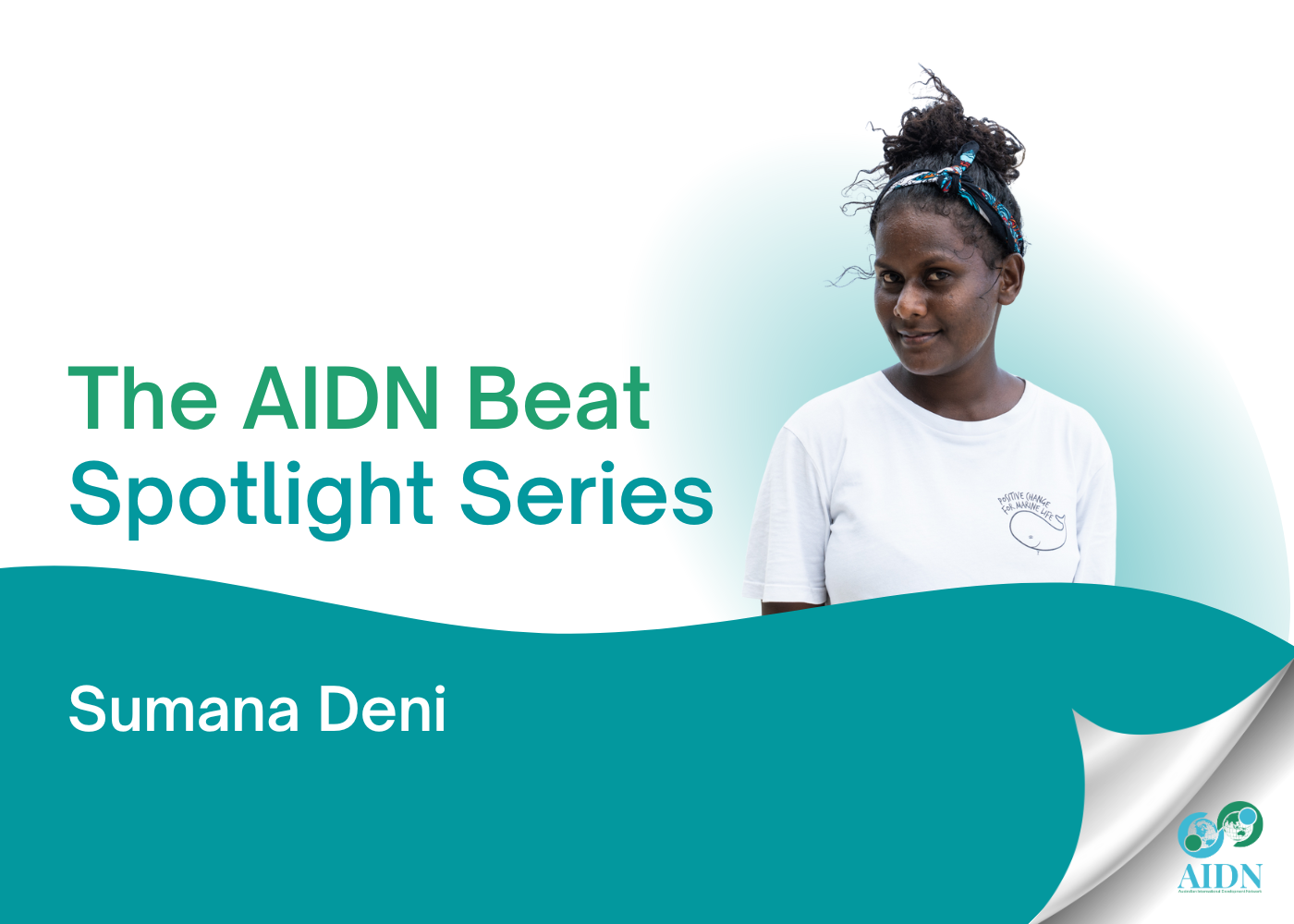
AIDN Beat Spotlight – Sumana Deni

Unlocking diaspora giving: A new wave of philanthropists.
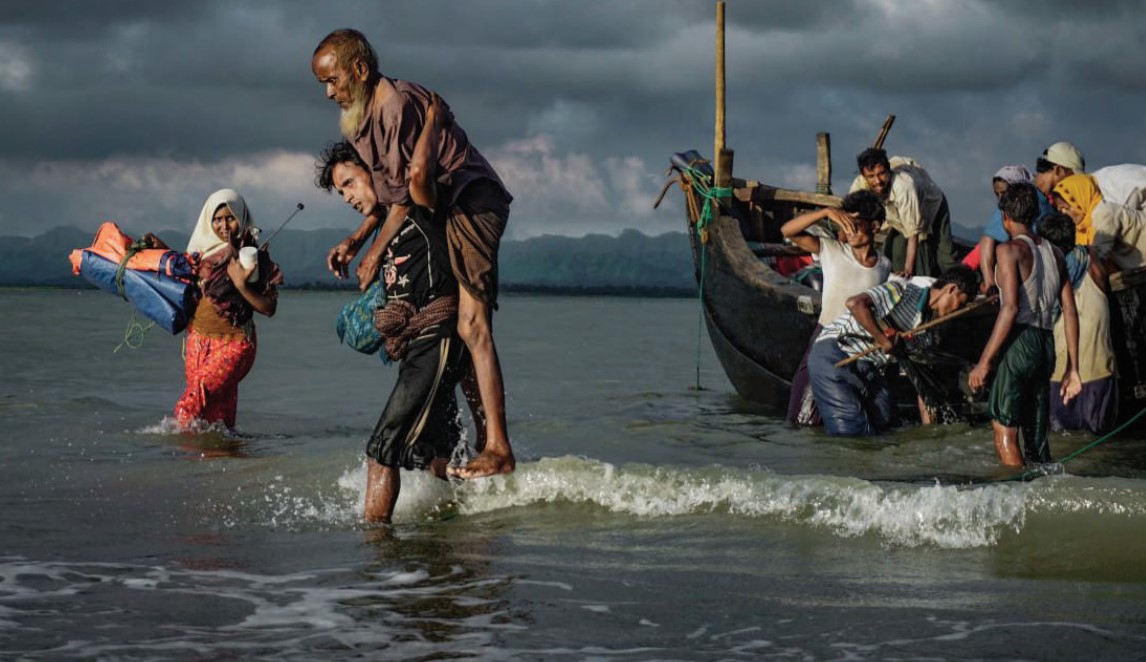
Global aid cuts are the perfect time to move towards a model of refugee empowerment.
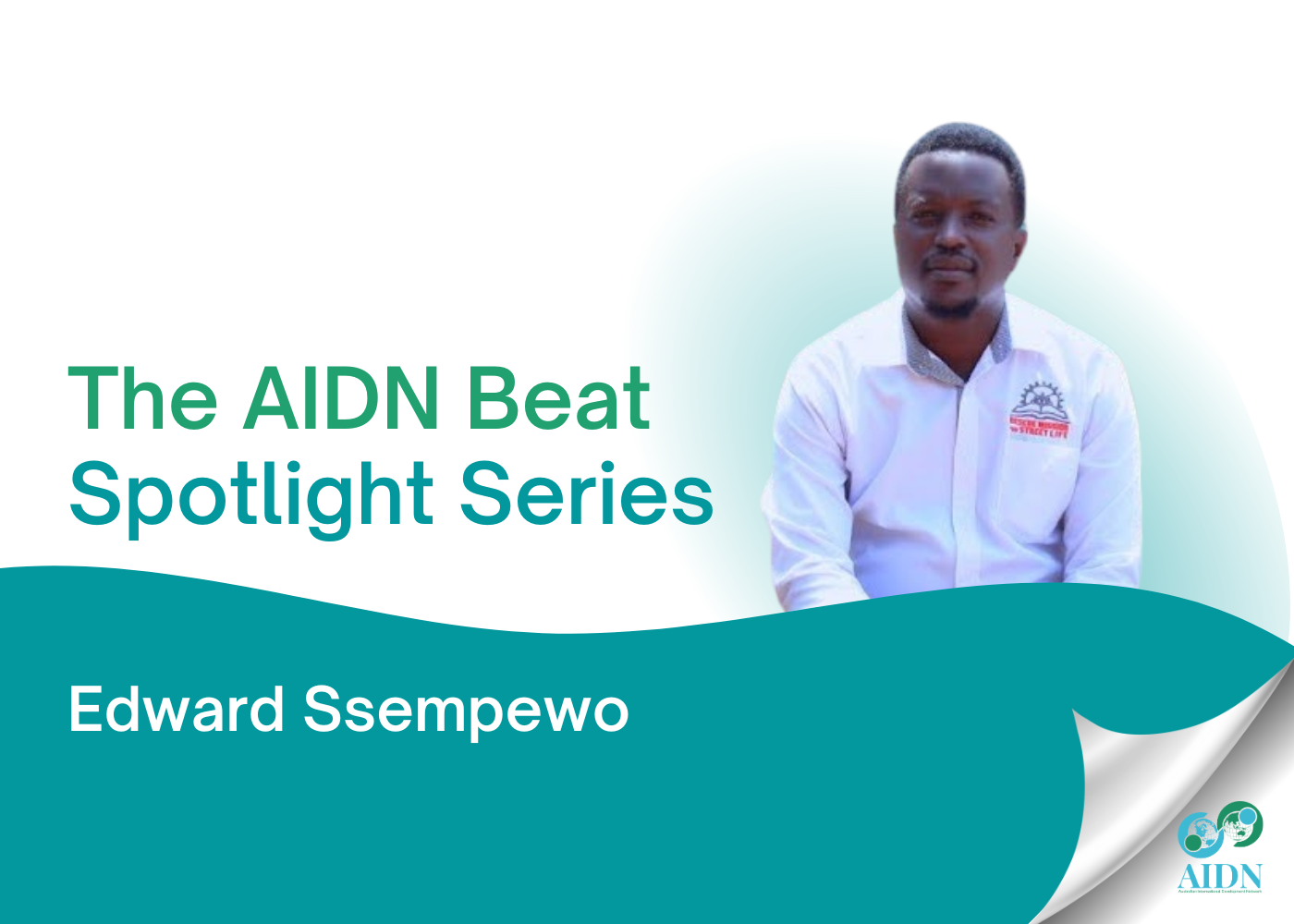
AIDN Beat Spotlight – Edward Ssempewo
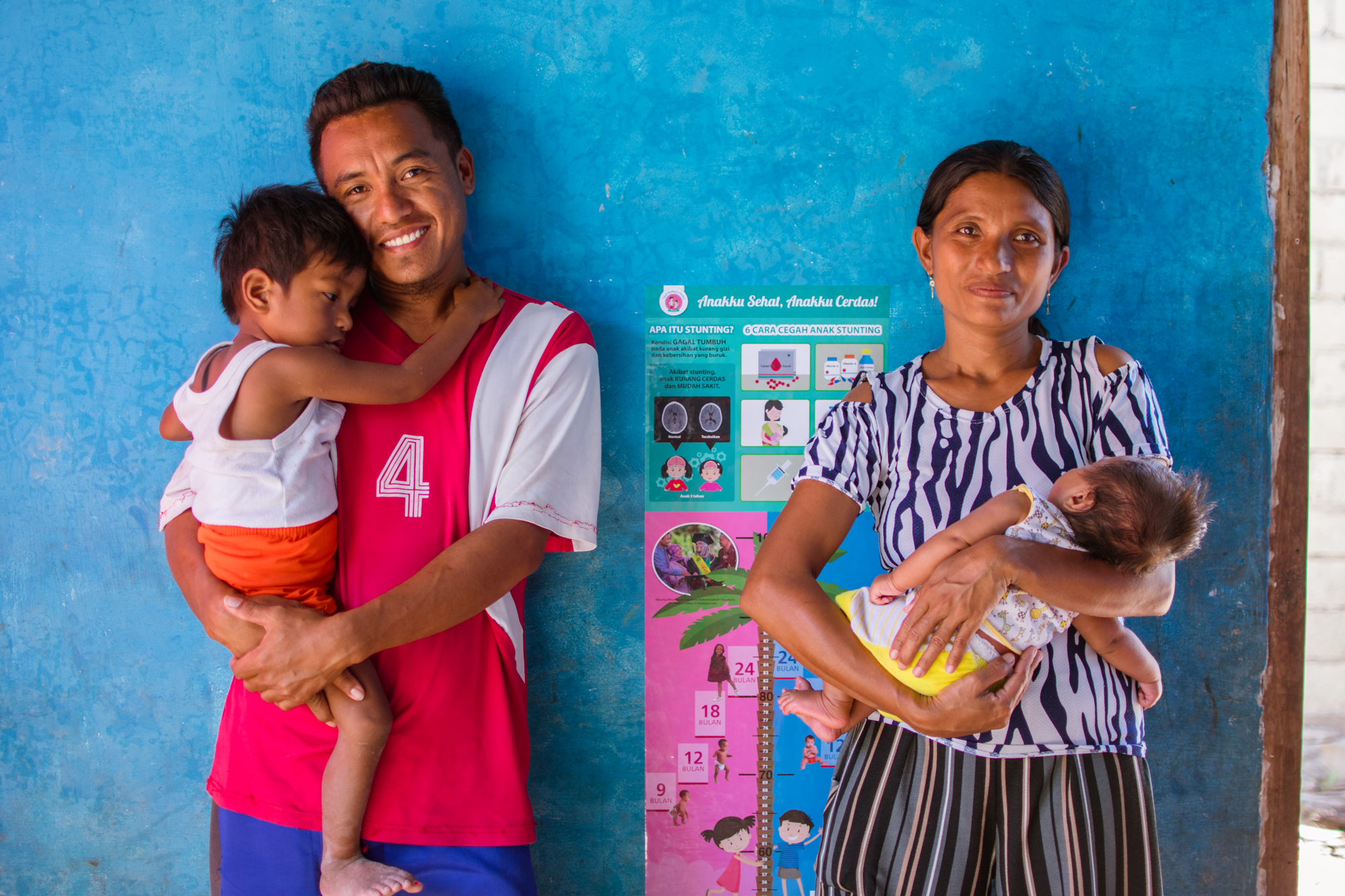
Stop buying sunshine: The 10% stake every donor should take to ending stunting in Indonesia.
